T4K3.news
Tragic death prompts urgent care review
A 29-year-old man died of hypoxic cardiac arrest after a GP sent him home with antibiotics for tonsillitis, raising questions about urgent care guidance.
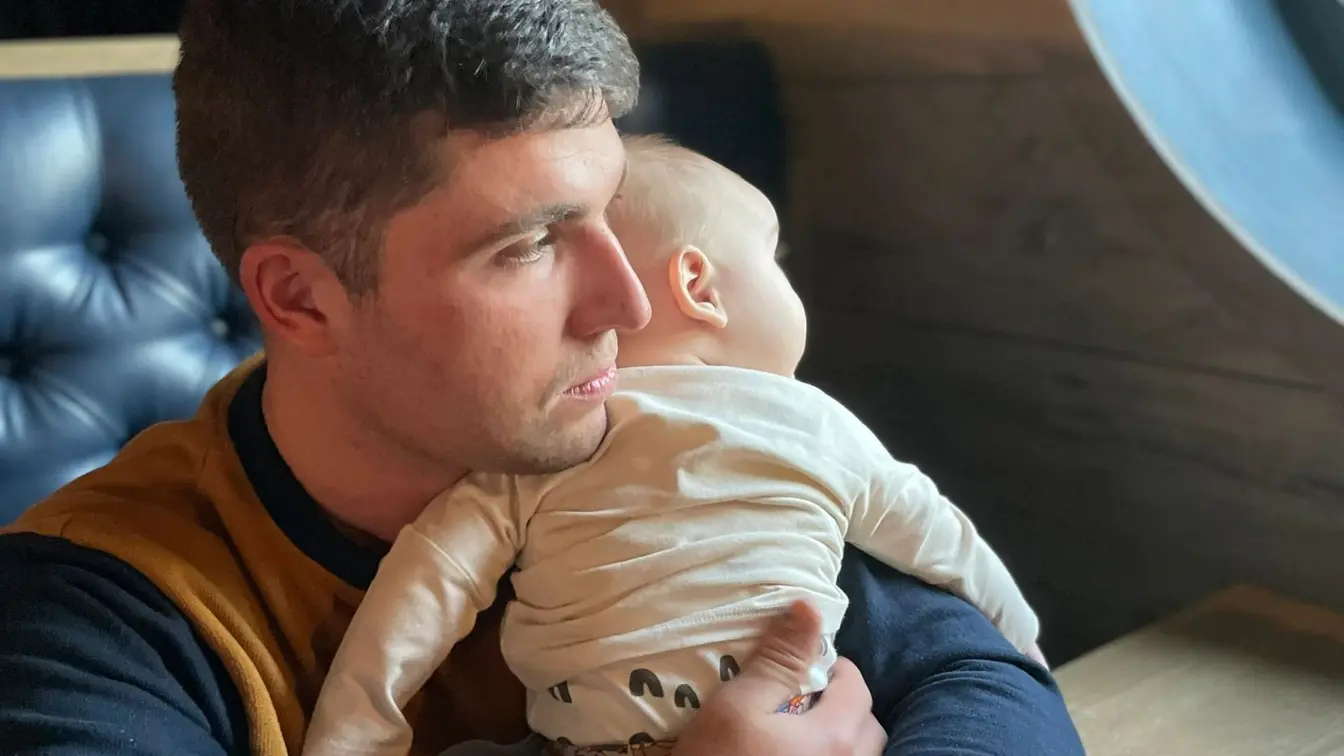
A 29-year-old man dies from a hypoxic cardiac arrest after a GP diagnoses tonsillitis and prescribes antibiotics, prompting questions about urgent care guidance.
Dad dies from cardiac arrest after GP sends home with antibiotics
Michael Reynolds, a 29-year-old HGV driver and new father from Boston, Lincolnshire, visited his GP on November 29, 2023 with a cough and a sore, swollen throat. He was told he had tonsillitis, given a nasal spray and told to rest, and was referred for a chest X-ray. The next day he saw a different GP, reporting he could not swallow, a fever, and a throat that felt like it was closing.
He was diagnosed with tonsillitis again and prescribed oral antibiotics after collecting his prescription. He returned home with his wife Charlotte and collapsed soon after. He was rushed to hospital and died the following morning. A post‑mortem found the death was due to a hypoxic cardiac arrest triggered by upper airway obstruction from epiglottitis. The inquest described a missed opportunity to send him to A&E for urgent treatment, and his family is pursuing a medical negligence investigation with Irwin Mitchell.
Key Takeaways
"Watching Jacob grow up without his daddy by his side is devastating and we miss Michael every single day."
Widow Charlotte's statement
"There was a missed opportunity to send him to A&E for urgent treatment."
Coroner's finding on the inquest
"This is a truly tragic case where a young dad has lost his life."
Lawyer Rosie Charlton's statement
"Lessons must be learned to improve patient safety and help prevent others from suffering."
Lawyer's closing statement
This case highlights how throat infections can rapidly become airway emergencies. It underscores the need for clearer guidance about when to seek urgent care and for better recognition of red flags that signal airway problems. In an era of rising demand on GP services, the balance between reassuring patients and escalating them for urgent care is critical and must be navigated with caution.
It also points to broader questions about how information is communicated to patients after a GP visit and how triage decisions are made. The inquest’s finding of a missed opportunity could push policymakers to examine urgent care messaging, triage criteria, and follow-up procedures. For families, the toll is profound and lasting, and for the NHS it is a reminder that safety safeguards must translate into clearer, actionable guidance in real time.
Highlights
- Every minute counts when a throat swells
- A missed chance to save a life cannot be ignored
- Safer care starts with clear guidance on emergency signs
- Lessons must become changes in urgent care
Public reaction and policy review may follow the case
The death draws attention to urgent care guidance and triage. It could lead to public scrutiny of NHS practices and potential policy changes or funding debates.
Lessons from this tragedy should harden the safety net around urgent care messaging and patient guidance.
Enjoyed this? Let your friends know!
Related News

Camden hostel criticized after overdose death of resident

Inquest opens into Rachel O'Hare's tragic death

Boxing fatalities prompt safety review
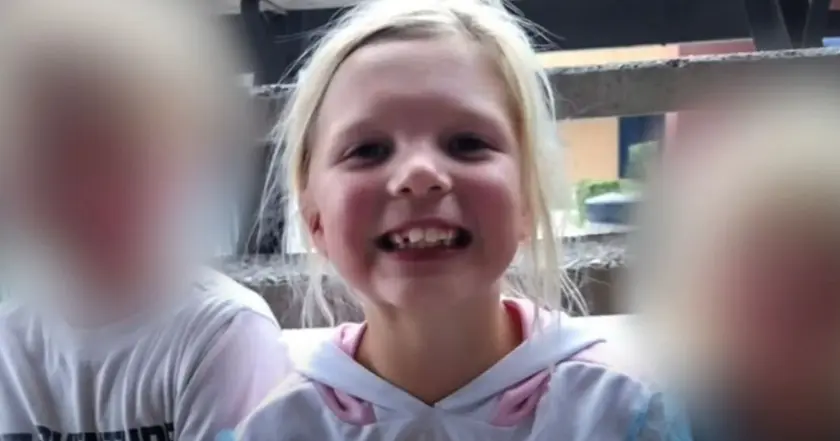
Arizona child abuse tragedy prompts protection system review
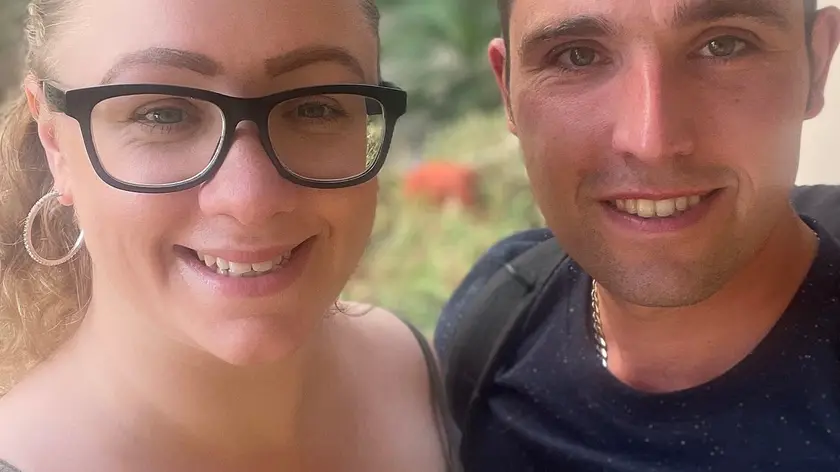
Family seeks accountability after GP misdiagnosis ends in tragedy
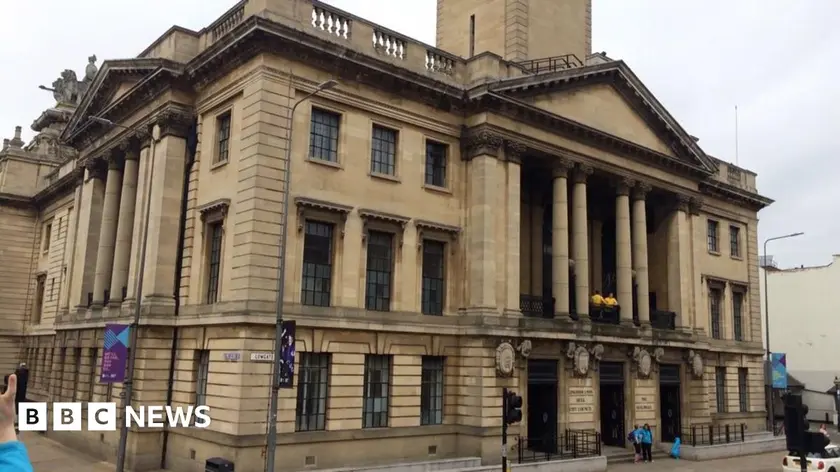
Coroner alerts NHS to IT risks in mental health care
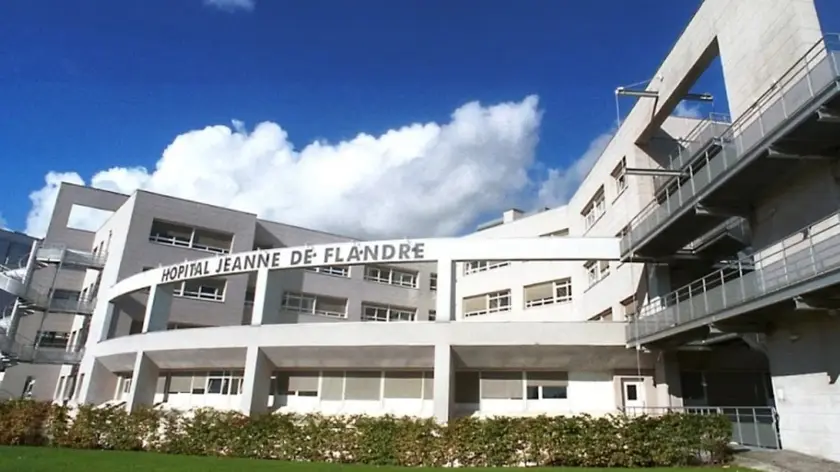
Tragic death of newborn highlights hospital safety failings

Two boxers die in Tokyo event
